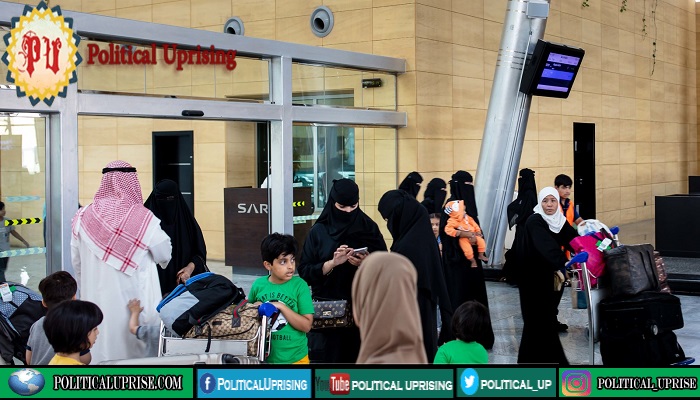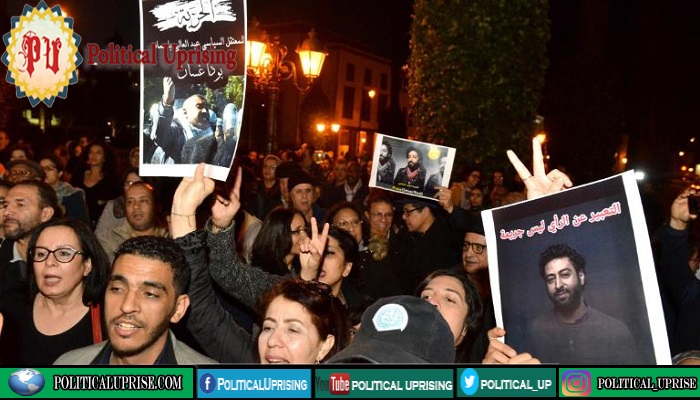Shura Council of Saudi Arabia to put the subject of Social Affairs, Family and Youth on the draft motion to amend certain articles of anti-harassment laws.
The Consultative Assembly of Saudi Arabia, also known as the Shura Council, has decided to put the subject of Social Affairs, Family and Youth on the draft motion to amend certain articles of anti-harassment laws on the agenda of the council for discussion in its next sessions.
In 2018, Saudi Arabia’s Cabinet passed a law to criminalise sexual harassment.
Under the law, a person convicted of sexual harassment may be jailed for up to five years and fined a maximum of 3,00,000 riyals (approximately $79,980).
The law also criminalises incitement to sexual harassment as well as false complaints. It preserves the anonymity of the complainant.
The legislation aims at combating the crime of harassment, preventing it, applying punishment against perpetrators and protecting the victims in order to safeguard the individual’s privacy, dignity and personal freedom which are guaranteed by Islamic law and regulations, a statement from the Shura Council said.
Saudi Arabia announces first phase of Red Sea project
The move is part of Crown Prince Mohammed bin Salman’s liberalisation drive.
The kingdom has lifted the bans on women drivers and cinemas, allowed mixed-gender concerts and curbed the powers of the religious police.
Saudi sexual harassment laws also cover crimes against children or the disabled that take place in a place of worship, businesses or educational institutions.
Sexual crimes committed against those that are asleep or unconscious are also protected by the law.
Despite the high level of harassment incidents in the kingdom, the debate around the topic has stalled for several years due to stark opposition by religious clerics that follow a strict interpretations of Islam.
Saudi Arabia passport is most improved of decade
The Saudi Shura Council will seek to identify the meaning of harassment that has been described as “all conduct of a sexual nature from one person to the other, including touching of the body, honour or modesty in any way shape or form”.
The law calls for government and non-government agencies to develop measures for the prevention of harassment, extortion and control, and provide a suitable working environment in accordance with the Islamic sharia law adopted by the kingdom.



